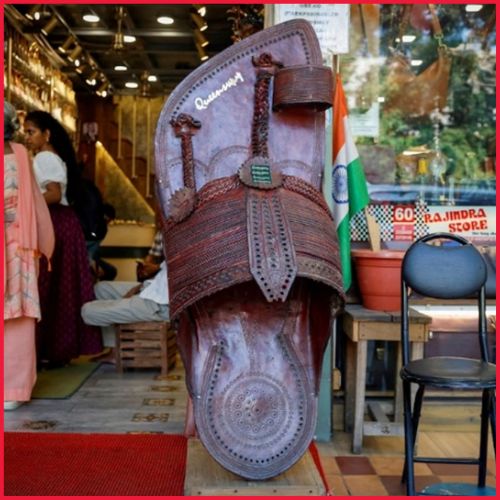Google has revised its mobile software marketplace policy to allow application developers to integrate digital assets such as NFTs into their games via its Google Play app store, according to Joseph Mills, the company’s group product manager.
Mills wrote in the policy update that apps must be “transparent with users about tokenized digital assets” and that developers may not “promote or glamorize any potential earning from playing or trading activities.”
Apps that do not comply with Google Play’s Real-Money Gambling, Games, and Contests policy or meet the eligibility requirements are not permitted to receive money in exchange for chances to win assets, including NFTs. “This includes but is not limited to, offering mechanisms to receive randomized blockchain-based items from a purchase, such as ‘loot boxes,'” Mills explained.
These constraints may prevent NFT novices from being deceived into believing that purchasing these tokenized assets will result in enormous gains, which is a common marketing strategy for several enterprises in the industry.
This new shift will also allow Google Play apps and games to reimagine “traditional games with user-owned content to boost user loyalty through unique NFT rewards,” according to Mills.
The company expects consumers to start seeing in-app and game experiences later this summer, as a restricted group of developers is testing the new strategy ahead of its wider release to all developers on Google Play later this year.
Reddit, which has had success with its crypto wallets and NFT avatars, has collaborated with Google to assist alter their policies, according to Matt Williamson, senior engineering manager at the social news site.
Google Play intends to engage with industry partners in the future to improve its support for blockchain-based applications, including secondary marketplaces.
While Google’s regulations are being updated, one of the other big app shops, Apple, remains stable. In general, Apple has taken a cautious approach to the digital asset ecosystem by imposing additional fees on NFT sales, which most NFT creators would oppose.
Apple said in October that apps can list, mint, transfer, and inspect their own existing NFTs. However, their regulations prevent NFT ownership from unlocking any more functionality within the software. Furthermore, while applications can allow users to browse other collections, they are not permitted to display external links, buttons, or calls to action to purchase NFTs. According to Apple’s stated guidelines, users can only acquire NFTs through the company’s in-app payment mechanism.














